By MSc Gvapo Tripinovic and Adam Tripinovic
Welcome back to ParentingDad.com!
When I was a kid, I was really fascinated by ants.
I had a massive colony of giant forest ants in our yard near large oak three. While other kids spent the days of their summer school break playing around, I spent days just watching these marvelous creatures.
To the horror of my mother, that was not enough. I made terrariums from the large jars and kept my little companions in them. One of my big disappointments was that my mother didn’t allow me to take my homemade terrarium with ants at home.
Long story short, now 35 years later, I still enjoy observing ants, but now I am accompanied by my son Adam.
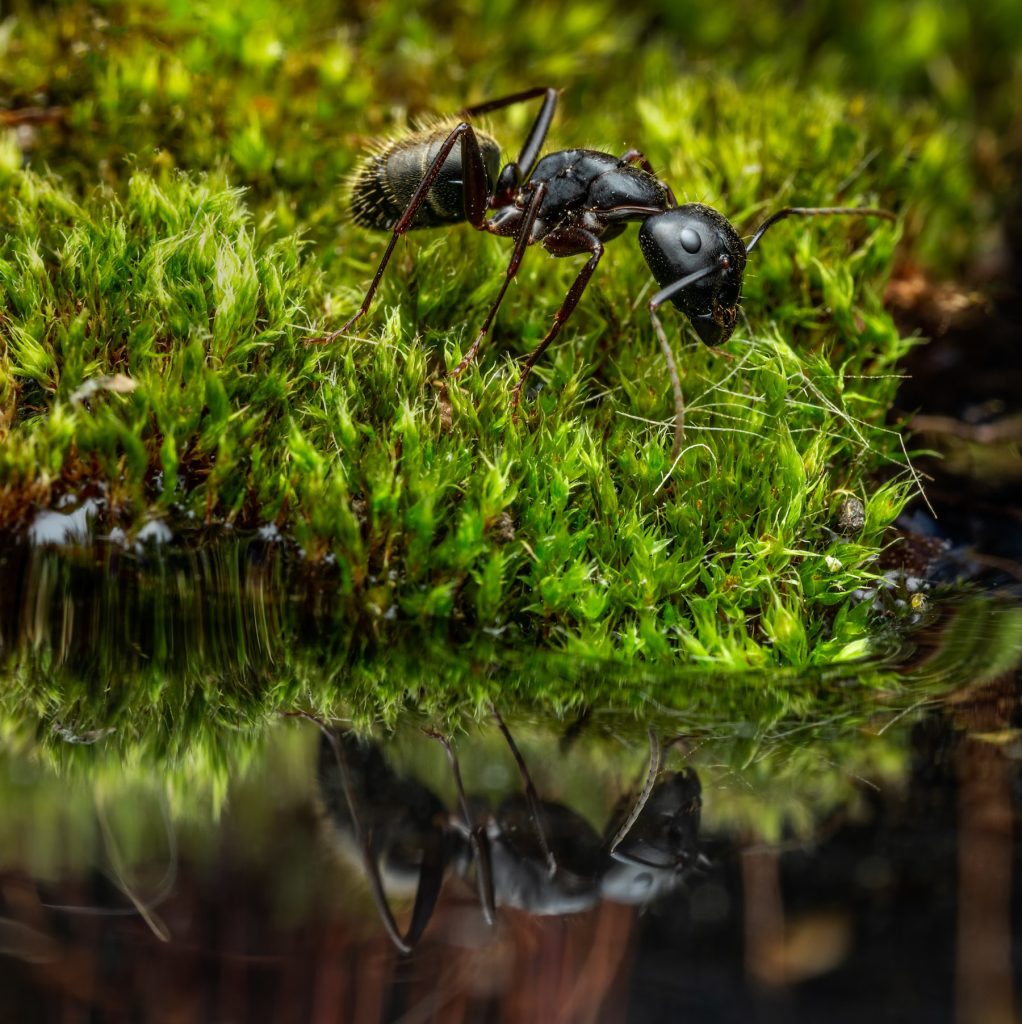
In this and the following few articles and videos, we will do our best to introduce you to the fascinating world of ants.
So, did you know that some ants actually help their injured friends?
It’s true! Scientists have made an incredible discovery – a type of ant called Megaponera analis does just that!
Typically, ants are known for sacrificing themselves to help their colony.
But this study found that Megaponera analis ants rescue their injured buddies and bring them back to safety.
They do this by using special chemical signals to let others know they need help.
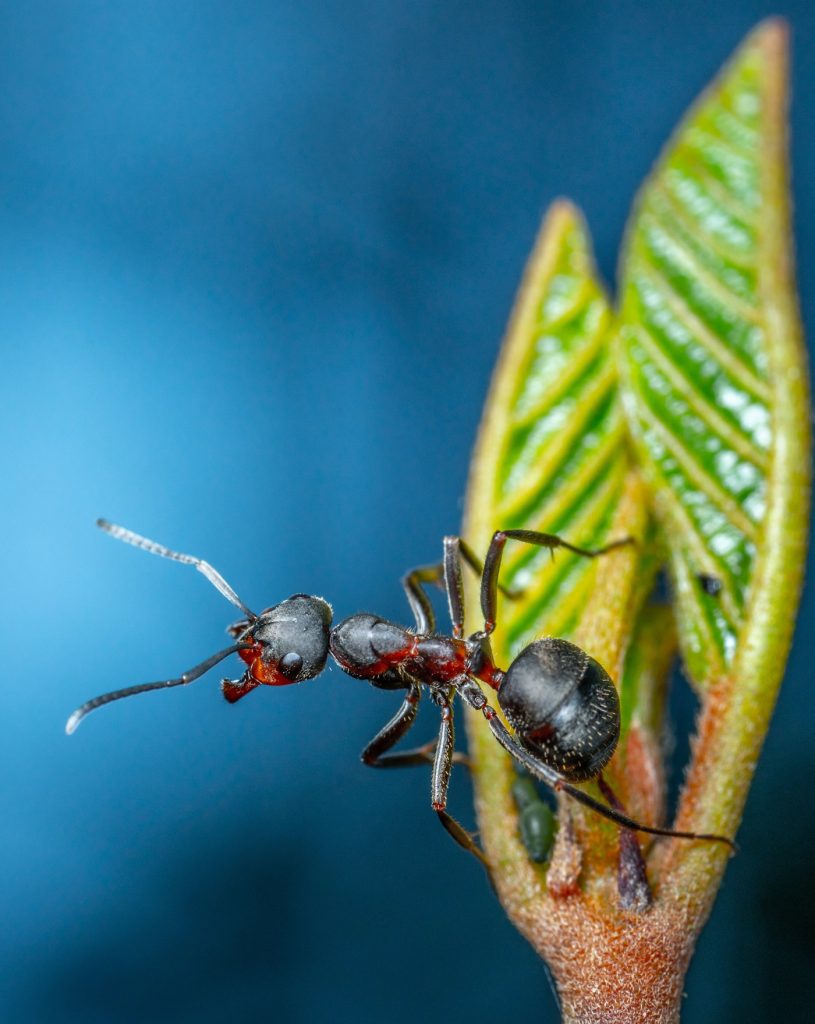
How do ants help each other when they are injured?
Researchers observed 52 ant colonies in Comoé National Park in West Africa.
They discovered that larger ants break open termite sites while smaller ants charge in.
But the most fascinating part is the rescue behavior of Megaponera ants.
To make absolutely sure they had it right, the researchers conducted an exciting experiment.
Researchers took away two legs from ants of different colonies to see if the rescue behavior was focused on injured nest-mates. What do you think they found?
They found that ants from the same colony were carried back to safety.
In contrast, those from different colonies were taken away.
This behavior shows that Megaponera ants have an advanced sense of community and look out for each other.
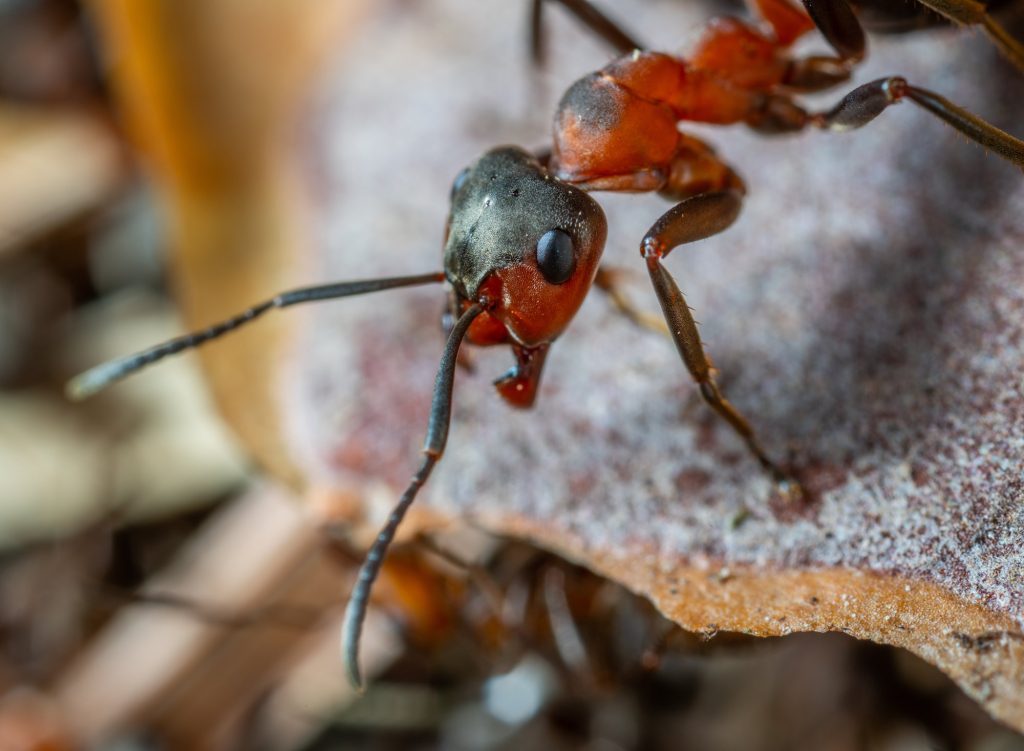
When the researchers stopped some ants from being carried home, they made a shocking discovery – 32% of them didn’t make it back, becoming prey to spiders and other predators!
But those rescued and allowed to recover lived longer and could contribute to the colony again.
Conclusions:
In fact, around 95% of the rescued ants participated in future colony activities, proving that their rescuers didn’t have to replace them with new workers.
This rescue behavior actually benefits the entire colony.
By saving injured ants, the colony doesn’t have to produce new workers to replace them.
The researchers found that colonies with this rescue behavior were about 29% larger.
Experts who were not involved in the study believe that this rescue behavior is favored by natural selection.
It’s practical and inexpensive, and the rescued ants can continue contributing to the colony.
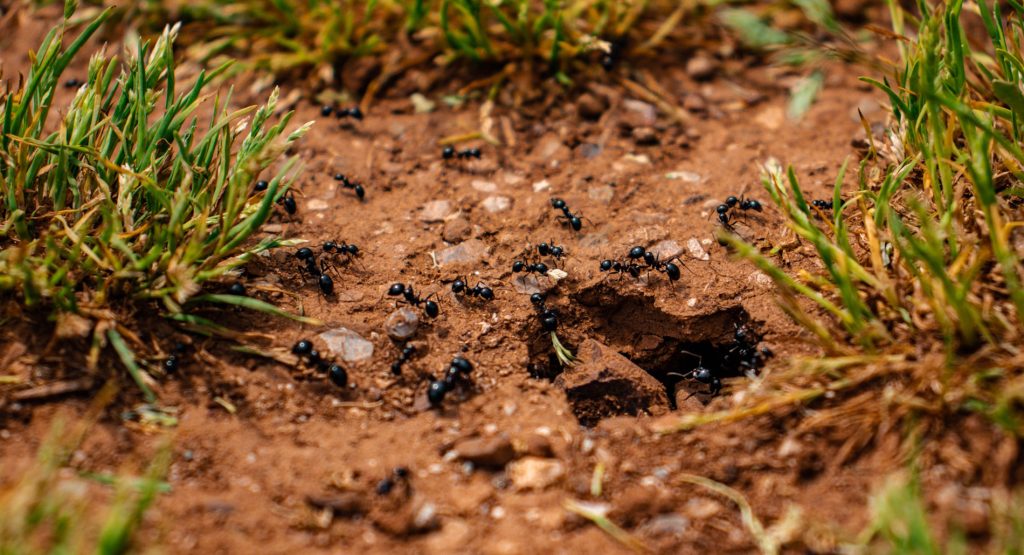
So, if you see ants helping each other out, they might be Megaponera analis ants!
They are not just insects that sometimes annoy us but part of a close-related community where they look out for each other.
These Megaponera analis ants have shown us that, although we praised ants for their teamwork, they are on a whole new level.
For us, it was really amazing how ants rescue their injured friends. Nature never ceases to surprise us!
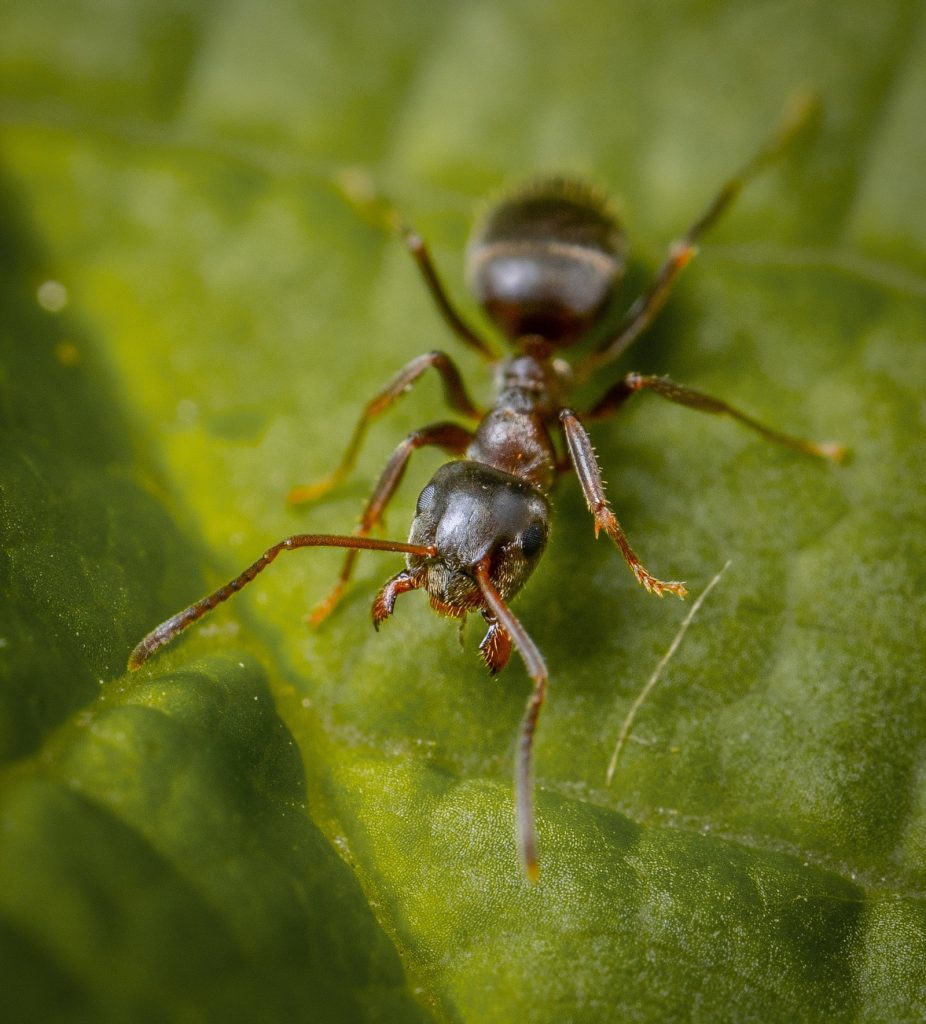
While here, please check some of our other Educational, Active Life and Healthy Food, or How to be a Better Dad – Q & A articles.
If you’d rather watch a video or listen to our articles, check out our YouTube channel, Top 10 Facts.
You can find more great articles and videos about animals here:
Alpacas, Ants Rescue Their Injured Friends, Butterflies, Cheetahs, Dolphins, Do Fish Sleep, Dogs – Which dog breeds are the smartest, Elephants, Great White Sharks, Sharks in aquariums, Snakes, Hummingbirds, Jellyfish, Lions, Pigeons, Red Pandas, Owls, Seagulls, Snails, Squirrels, and Wolves.
If you found this ant rescue story fascinating, be kind and share it with your friends.
And remember to return to our blog ParentingDad.com for more incredible insights into the fascinating world of nature.
Until next time, keep exploring and appreciating the wonders of our planet!
Adam and I wish you a great day. Stay well, and keep smiling.
Keep being curious and asking questions!

Disclosure: This article might contain product links, so we can get a small commission if you buy them at no additional cost to you if you decide to make a purchase. You can read more about it on our disclosure page. That way, you support this blog and our educational YouTube channel, for which I am thankful.
This site is for entertainment only.
The primary sources we used for this story come from The Guardian and the University of Würzburg.
